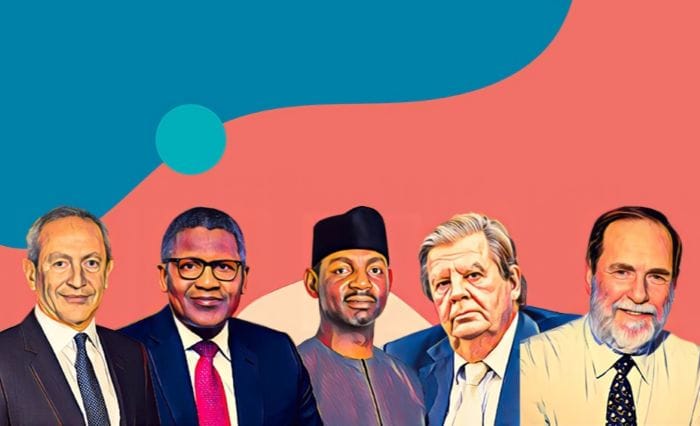Key Points
- Wealth in Africa often carries history, resilience, and influence, with families shaping economies, cultures, and national identities, creating lasting social impact.
- African families like the Dantatas, Sawiris, and Ruperts have built multibillion-dollar empires across sectors, navigating complex environments and creating jobs.
- These families maintain wealth through strategic investments, philanthropy, and leadership, navigating complex environments while fostering long-term impact.
Wealth in Africa, when passed down through generations, often carries more than just capital, it carries history, resilience, and a deep imprint on society. The richest families on the continent are not just rich for richness’ sake. They’re deeply embedded in the economies, cultures, and political fabric of their home countries, frequently influencing everything from job creation and infrastructure to education and even national identity.
Some began with small trading businesses that evolved into sprawling empires. Others took the reins of already successful companies and scaled them into multinational powerhouses. What they have in common isn’t just their billions, it’s the ability to build and maintain wealth in environments that are often complex and unpredictable, all while creating real impact.
In Nigeria, the Dantata family laid the groundwork for what would later become the Dangote Group, one of Africa’s largest industrial conglomerates. Decades before Aliko Dangote became a household name, the family was already active in commerce, construction, and philanthropy. Their story reflects the power of generational ambition and local trust.
Egypt’s Sawiris family is another example, led by siblings who each carved out dominant positions in telecom, construction, and tourism. Their companies don’t just lead in Egypt; they operate in dozens of countries, employing tens of thousands of people and helping to shape the continent’s connectivity and infrastructure.
In South Africa, the Rupert family’s reach into global luxury through Richemont—home to brands like Cartier and Montblanc, is often seen as a symbol of how African enterprise can resonate far beyond its borders. Similarly, the Oppenheimer name remains synonymous with diamonds, but their pivot toward sustainable investment and philanthropy is shaping a very different kind of legacy.
Many of these families have also stepped into roles as stewards of the environment, patrons of education, and advocates for social development. Their wealth has helped fund scholarships, preserve wildlife, and provide access to healthcare and clean energy in underserved communities.
What makes their stories compelling isn’t just the size of their bank accounts, it’s how they’ve used that wealth, and how they’ve passed it on. In a world where inequality often overshadows growth, these families show what it looks like when influence is used to build, not just to benefit.
This list of the ten richest families in Africa isn’t just a ranking. It’s a window into how private wealth intersects with public life, and how family legacies, rooted in both struggle and success, continue to shape Africa’s future.
- Dantata Family
Combined Net worth: 23.6 billion+
Country: Nigeria
The Dantata family stands as Africa’s wealthiest and most influential dynasties, known for producing some of Nigeria’s most prominent business figures. Aliko Dangote, Africa’s richest man with a net worth of $23.6 billion, is a nephew of Alhassan Dantata, the legendary merchant who laid the foundation for the family’s fortune. Aminu Dantata, another key figure, carried the family legacy forward by expanding into construction, agriculture, and real estate while also becoming known for his philanthropy. Sayyu Idris Dantata made his name in the oil industry and now leads MRS Holdings, a major player in Nigeria’s energy sector, with an estimated net worth of $300 million. Saadina Dantata, the founder of Danba Group, has also carved out his own path, building a diversified company with interests in construction, finance, and energy. Together, these figures have played a key role in shaping Nigeria’s economic landscape.
- Sawiris Family

Combined
Net Worth: $15.1 billion+
Country: Egypt
The Sawiris family, Egypt’s richest business dynasty, has a combined net worth of approximately $15.1 billion, making them one of the richest Arab families. Founded by Onsi Sawiris in 1950, the family’s Orascom conglomerate spans construction, telecommunications, tourism, industry, and technology. Today, patriarchal responsibilities have been passed to his three sons—Nassef Sawiris, worth $9.3 billion, Naguib Sawiris, worth $5 billion, and Samih—each a leading figure in their respective sectors. Through strategic investments in global markets, media ventures, luxury resorts, and major infrastructure projects, the Sawiris family has significantly shaped Egypt’s economic landscape and earned a reputation for both entrepreneurial prowess and philanthropic commitment.
- Rupert Family

Combined Net Worth: $13.3 billion+
Country: South Africa
The Rupert family, South Africa’s wealthiest and most powerful dynasties, has built a global empire spanning luxury goods, finance, and industrial holdings. At the helm is Johann Rupert, the continent’s second-richest man with a net worth exceeding $10 billion, who chairs Richemont, the Swiss-based luxury group behind Cartier and Montblanc, and leads investment firm Remgro. He is the son of the late Anton Rupert, a legendary entrepreneur who founded the Rembrandt Group and laid the foundation of the family fortune. Other notable members include Anton Rupert Jr., who is involved in private ventures, and Caroline Rupert, a fashion and media entrepreneur. Through strategic investments and global brand leadership, the Rupert family has had a profound influence on Africa’s economic landscape and global luxury markets.
- Oppenheimer Family
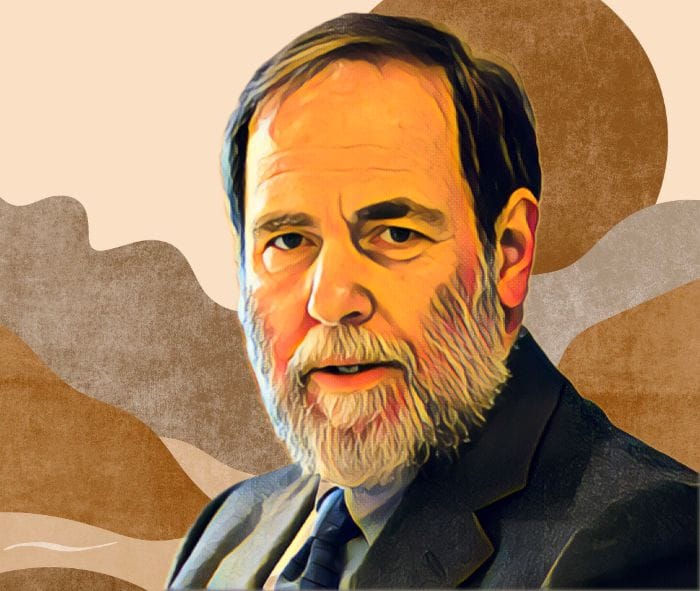
Combined Net Worth: $10.5 billion+
Country: South Africa
The Oppenheimer family, one of South Africa’s most storied and influential dynasties, laid the cornerstone of its fortune in diamond and gold mining through Anglo American and De Beers. Sir Ernest Oppenheimer (1880–1957) founded the Anglo American Corporation in 1917 and took control of De Beers Consolidated Mines in 1927, building a global mining empire that reshaped the diamond industry. His son, Harry Frederick Oppenheimer (1908–2000), served as chairman of Anglo American for 25 years and De Beers for 27 years, leaving at his death an estate conservatively estimated at over R30 billion. Nicholas “Nicky” Oppenheimer (born 1945), Harry’s son, became chairman of De Beers in 1998 and oversaw its transformation before the family sold its 40 percent stake to Anglo American for $5.1 billion in 2012; he is currently Africa’s third-richest individual with a net worth of approximately $10.5 billion. Jonathan Oppenheimer (born 1969), Nicky’s son and executive chairman of Oppenheimer Generations, is heir to the family’s R200 billion fortune and continues the legacy through investment, conservation, and philanthropy, including co-founding the Brenthurst Foundation in 2004 to promote economic development in Africa.
- Moroccan Royal Family
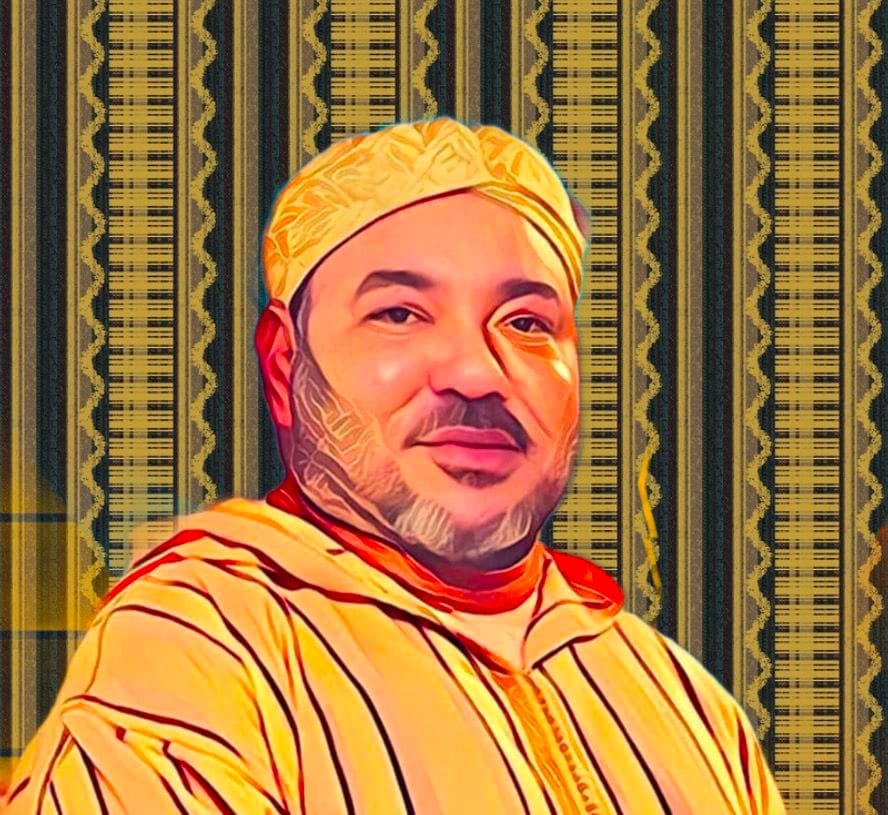
Combined Net Worth: $9.0 billion+
Country: Morocco
The Moroccan Royal Family, one of the most influential dynasties in Africa, commands a personal fortune exceeding $9.0 billion. At the forefront is King Mohammed VI, with a net worth derived from a controlling stake in Al Mada (formerly Société Nationale d’Investissement) and extensive real-estate and financial holdings. The family’s wealth is further amplified by strategic investments across banking, telecommunications, mining, and real estate. King Mohammed VI’s sisters, Princess Lalla Hasnaa and Princess Lalla Asmae, have used offshore structures and foundations to acquire high-value assets globally. Prince Moulay Rachid, the king’s younger brother, plays a discreet but crucial role in representing Moroccan interests abroad while managing stakes in key enterprises. Though still a minor, Crown Prince Moulay Hassan is rumored to oversee personal assets potentially nearing $1.5 billion, ensuring the dynasty’s wealth continues into the next generation. Through a combination of historic sovereignty, diversified investments, and global wealth-management strategies, the Moroccan Royal Family remains a dominant force in both Morocco’s economy and on the international stage.
- Adenuga Family

Combined Net Worth: $6.7 billion+
Country: Nigeria
The Adenuga family, one of Nigeria’s most influential business dynasties, commands a combined net worth exceeding $6.7 billion, led by billionaire businessman Mike Adenuga. Founder of telecom giant Globacom and chairman of Conoil, Adenuga has built a diversified empire spanning telecommunications, oil, real estate, and philanthropy. As of early 2025, his wealth is estimated at $6.7 billion, ranking him Nigeria’s second-richest individual and among Africa’s top billionaires. His daughter, Bella Disu, a rising business executive, serves as Executive Vice Chairman of Globacom and CEO of Cobblestone Properties, in addition to holding board roles at major firms such as Julius Berger Nigeria Plc. The family’s entrepreneurial roots trace back to Oloye Michael Agbolade Adenuga Sr., a teacher and businessman, and Adenuga’s royal maternal lineage underscores their cultural prestige. From boardrooms to cultural centers—such as the Alliance Française Mike Adenuga Centre in Lagos—the family has cemented its legacy through strategic leadership, national development, and philanthropic influence across Nigeria and West Africa.
- Mansour Family
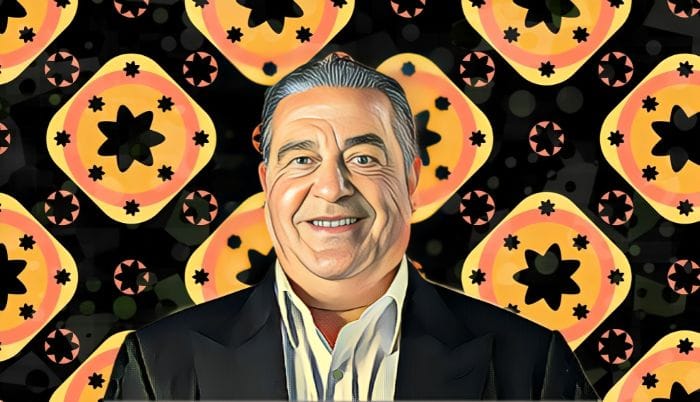
Combined Net Worth: $6.0 billion+
Country: Egypt
The Mansour family ranks among Egypt’s most powerful business dynasties, with a combined net worth of over $6.0 billion as of April 2025. Founded in 1952 by Loutfy Mansour as a small trading company in Cairo, the family’s Mansour Group has grown into a global conglomerate spanning automotive distribution, heavy equipment, consumer goods, real estate, and financial services. Today, the group employs over 60,000 people worldwide. Leadership rests with the three Mansour brothers—Mohamed ($3.4 billion), Youssef ($1.4 billion), and Yasseen ($1.2 billion)—each playing a key role in steering the family’s expansive portfolio. From exclusive distribution deals with General Motors and Caterpillar to luxury property development through Palm Hills and retail franchising for McDonald’s and Philip Morris, the Mansours have left an indelible mark on Egypt’s industrial and economic progress.
- Rabiu Family
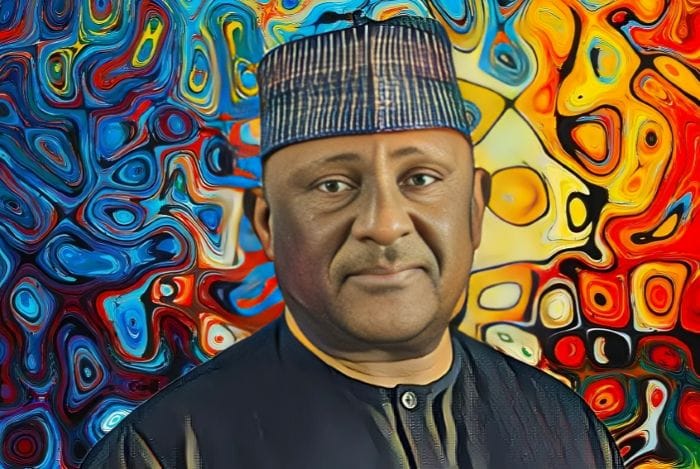
Combined Net Worth: $4.7 billion+
Country: Nigeria
The Rabiu family, one of Nigeria’s foremost business dynasties, commands a combined net worth exceeding $5.1 billion as of April 2025. Their fortune is rooted in commodities trading and industrial expansion, tracing back to the 1970s through patriarch Khalifah Isyaku Rabiu’s ventures in rice, edible oil, and steel. Under the leadership of Abdul Samad Rabiu—founder and CEO of BUA Group and currently worth $4.7 billion—the family transformed a modest trading firm into a pan-African conglomerate spanning cement, sugar, flour, and real estate. His younger brother, Kabiru Isyaku Rabiu, also plays a pivotal role as group executive director, with a significant minority stake in BUA Foods Plc that has influenced market valuations. Beyond business, the family is recognized for its social impact through ASR Africa and the BUA Foundation, which have invested millions of dollars into healthcare and education across Nigeria. From breaking monopolies in sugar refining to constructing hospitals and university centers, the Rabiu family continues to shape West Africa’s industrial and social fabric.
- Rebrab Family
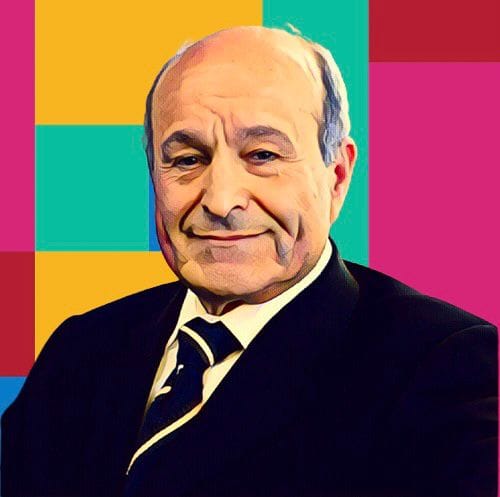
Combined Net Worth: $3 billion+
Country: Algeria
The Rebrab family, Algeria’s foremost industrial dynasty, commands a combined net worth of approximately $3 billion, with business interests spanning steel, agribusiness, sugar refining, electronics, and media through their flagship conglomerate, Cevital. Founded by Issad Rebrab in 1998, Cevital has grown into Algeria’s largest private enterprise, boasting one of the world’s largest sugar refineries and stakes in European firms like France’s Brandt and Spain’s Alas Iberia. In 2022, Issad appointed his eldest son Malik Rebrab, as CEO to lead a strategic overhaul and expand Cevital’s footprint across West Africa, especially in Côte d’Ivoire. Despite Issad’s temporary detention in 2019 over pricing charges, the family remains firmly in control, with Issad retaining 40% ownership and each of his five children holding 12 percent stakes. United in leadership, the Rebrabs continue to shape Algeria’s economic future through diversification, job creation, and regional ambition.
- Benjelloun Family
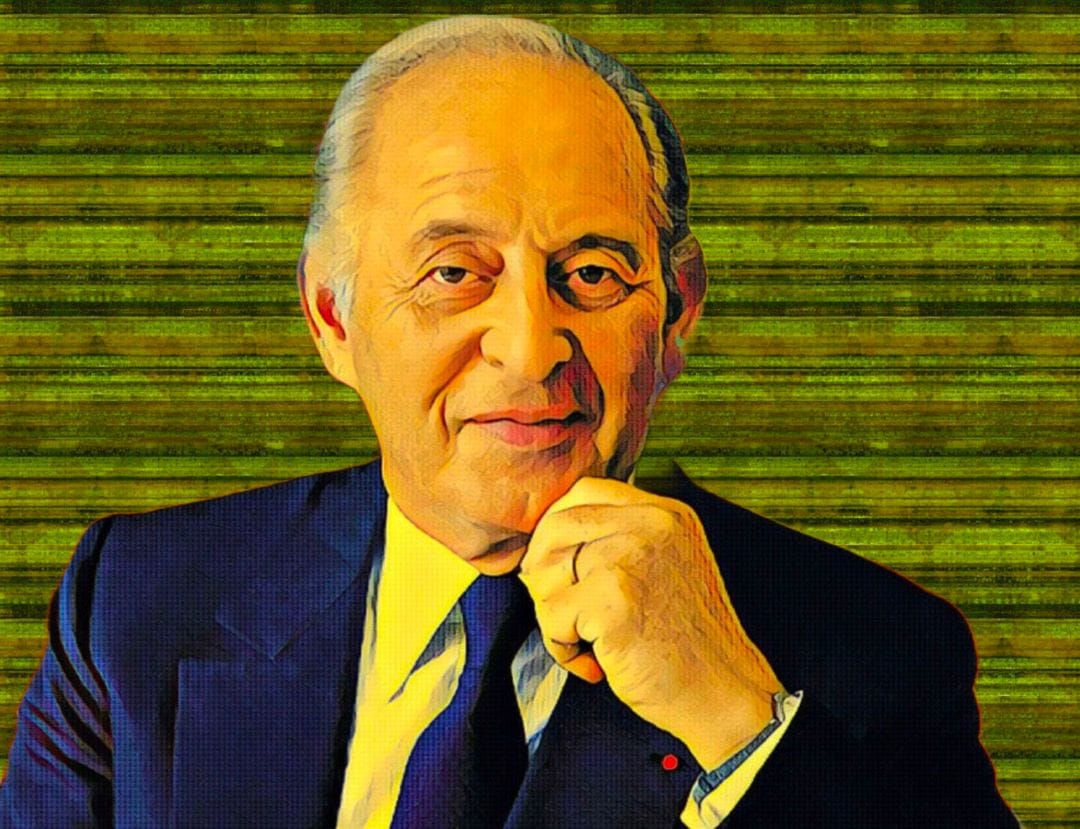
Combined Net Worth: $1.7 billion+
Country: Morocco
The Benjelloun family, one of Morocco’s most influential business dynasties, boasts a combined net worth of approximately $1.7 billion. Headed by billionaire banker Othman Benjelloun, the family’s empire spans banking, insurance, telecommunications, and real estate across over 20 African countries. Othman Benjelloun, chairman of BMCE Bank of Africa and its parent company FinanceCom, is Morocco’s wealthiest individual. His family oversees a diverse portfolio that includes RMA Watanya, a leading insurer; a major stake in Orange Morocco; and landmark developments like the Mohammed VI Tower in Rabat. His late wife, Leïla Mezian Benjelloun—physician, entrepreneur, and philanthropist—passed away in July 2024. Their children, Kamal and Dounia, are actively involved in FinanceCom’s leadership and philanthropic work. Descended from a merchant dynasty in Fez, the Benjelloun family has built a resilient business empire grounded in legacy, innovation, and social responsibility.
Crédito: Link de origem


